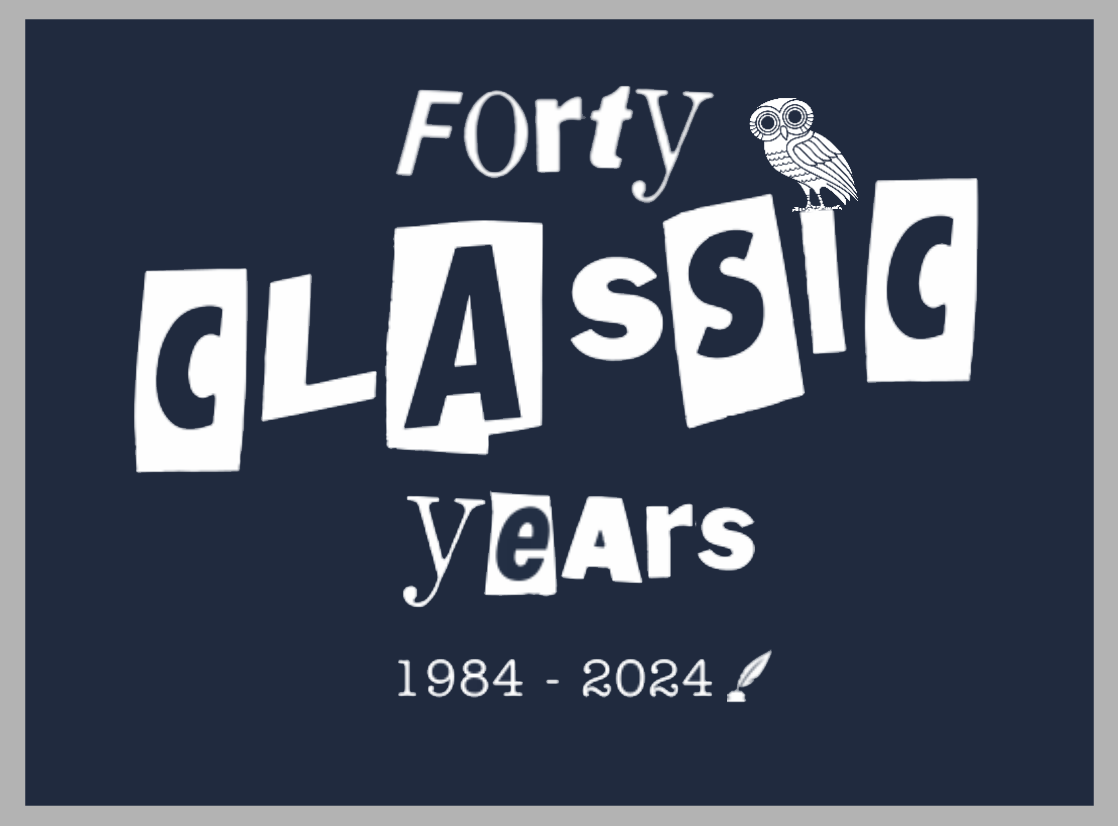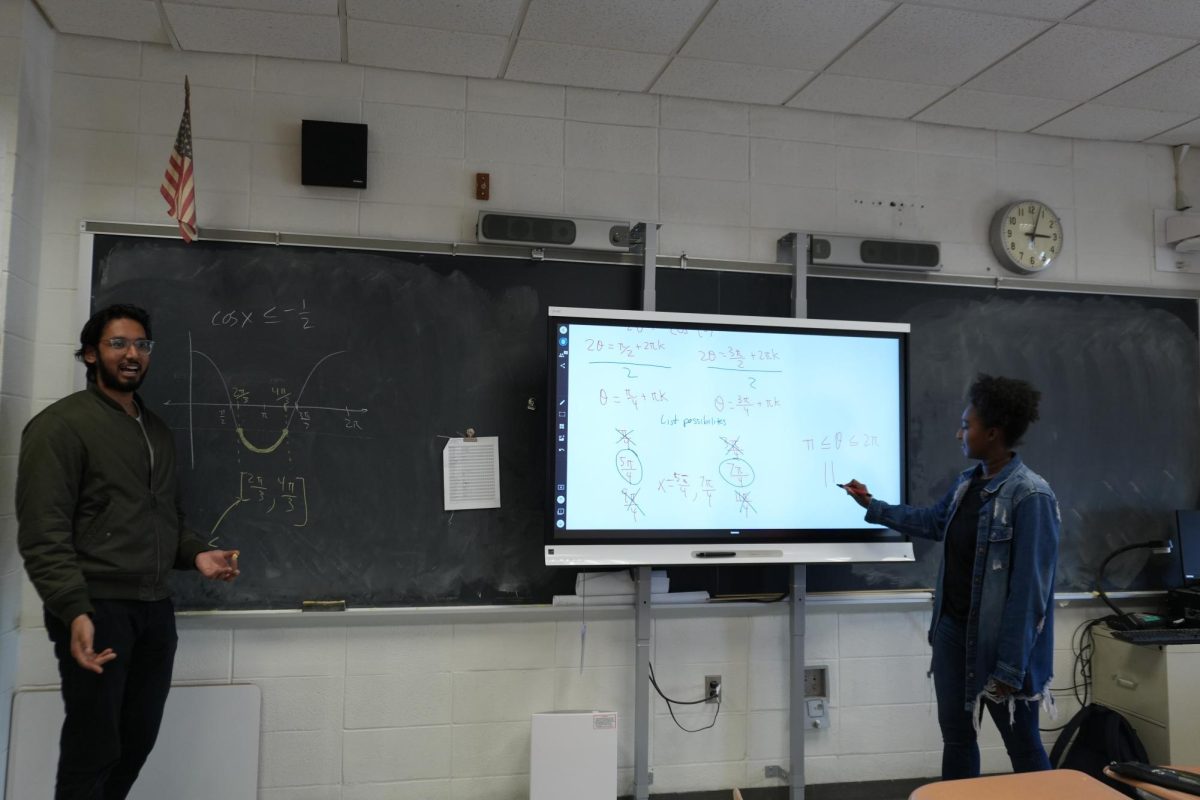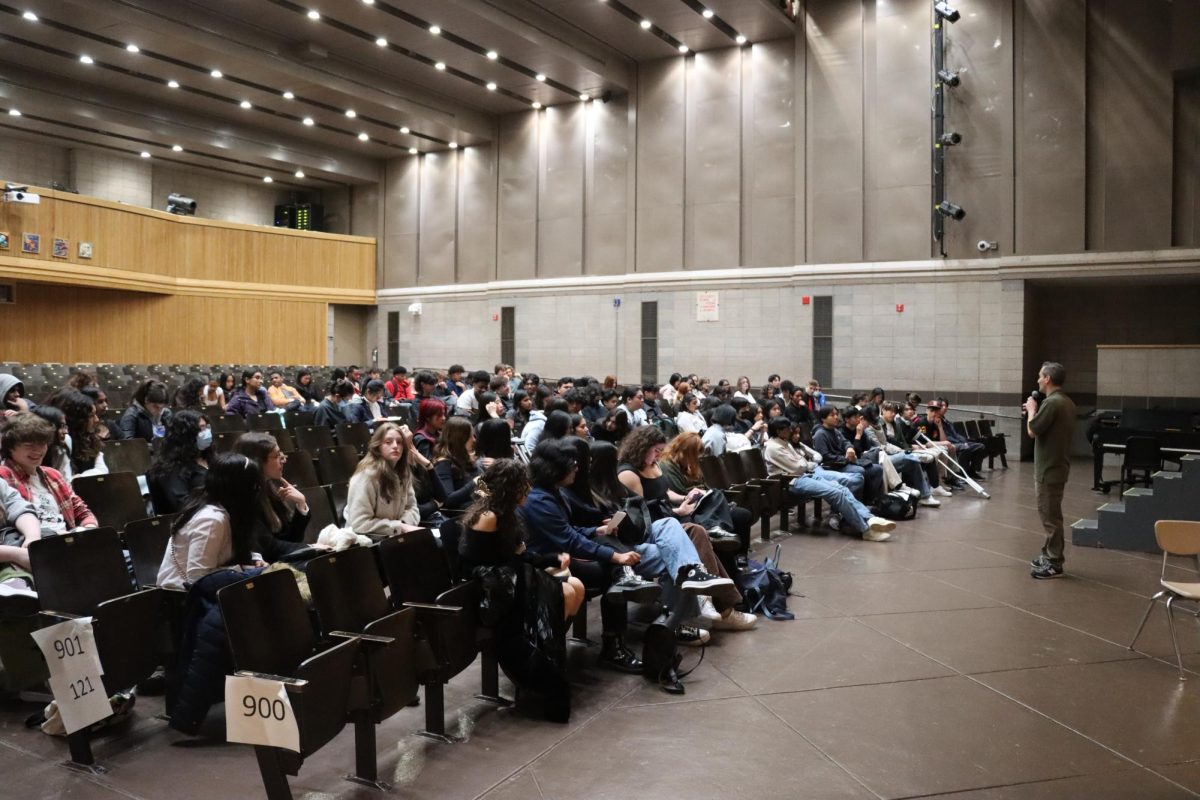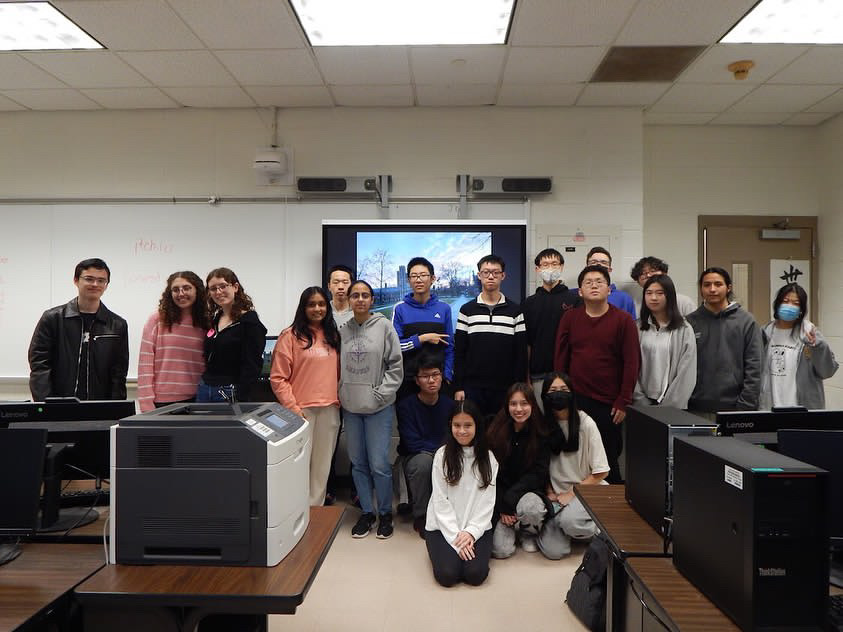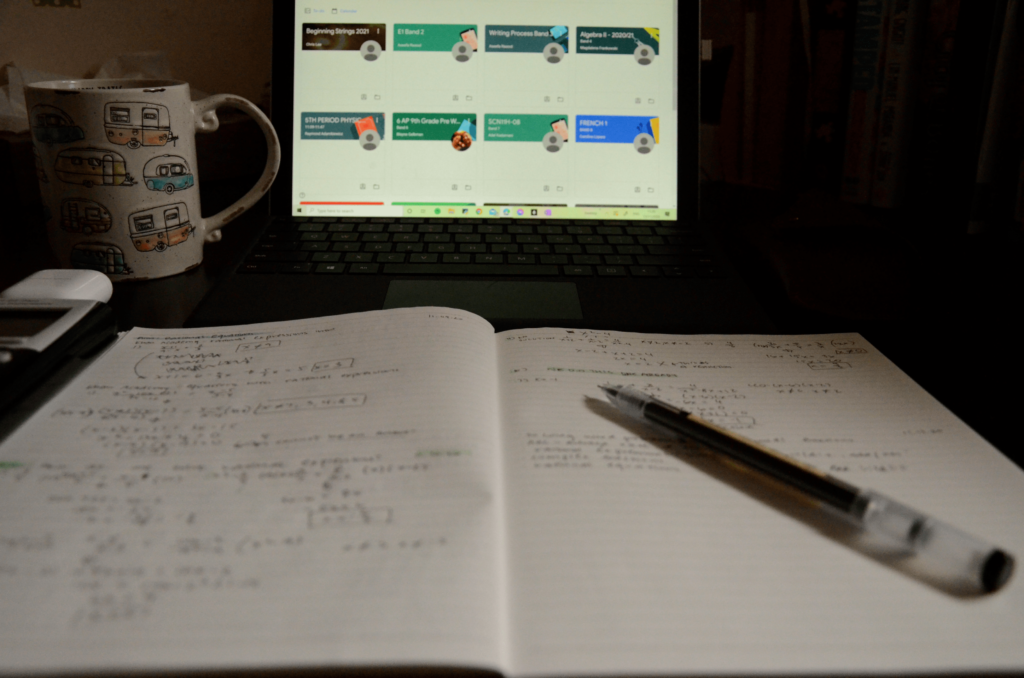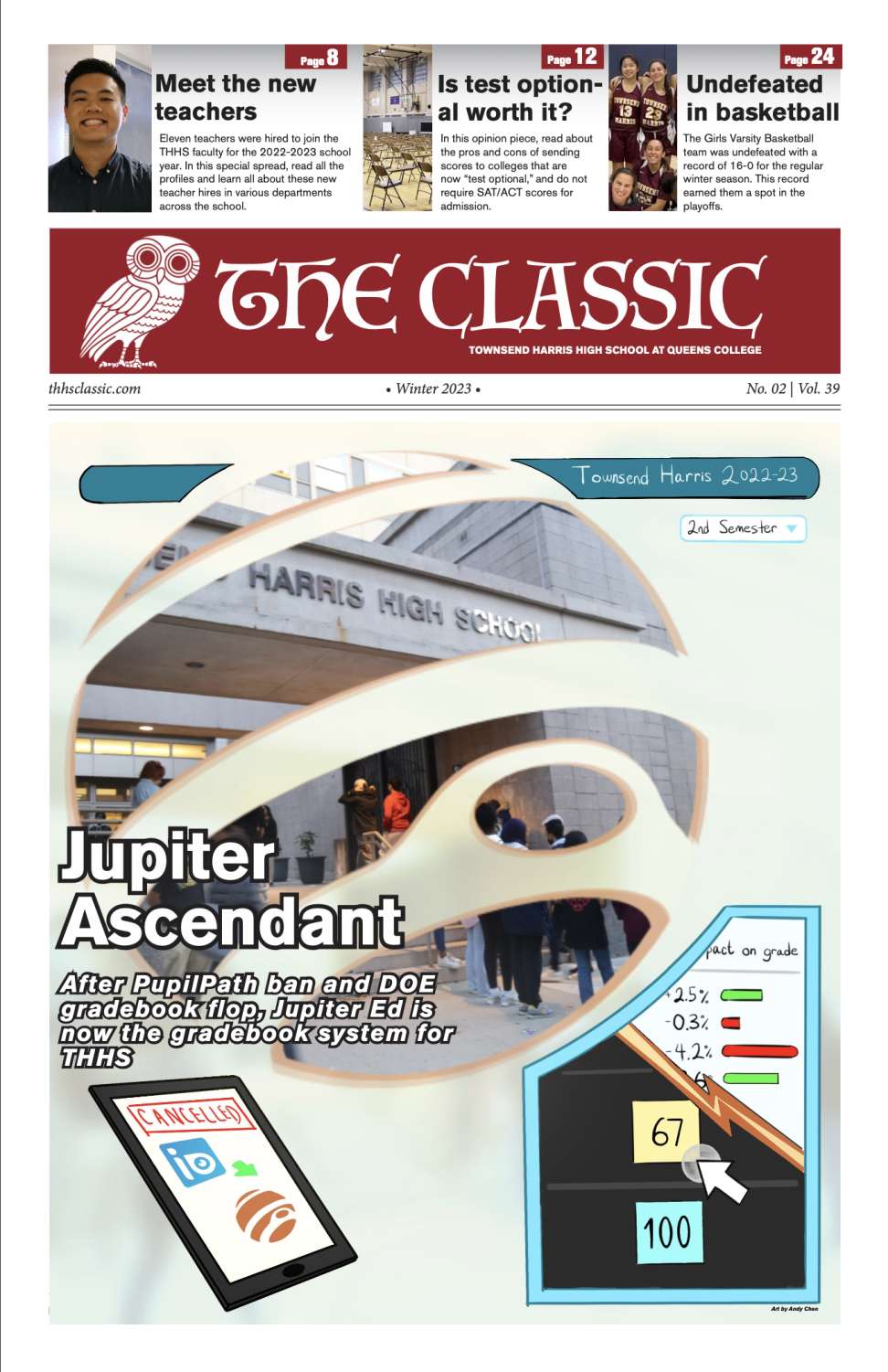
By Brian Rettig, Jasmine Palma, Elsa Oreen, and Dorcas Adewale, Science and Technology Editors, Staff Writers
Disclaimer: This article utilizes the word “anxiety” to refer to the “emotion characterized by feelings of tension, worried thoughts” as defined by the American Psychological Association. An anxiety disorder, on the other hand, is a serious condition that affects many and must be first diagnosed by a qualified health professional. This article does not want to inadvertently insinuate that readers or the students featured in this article have an anxiety disorder, but rather that anxious emotions may impel procrastinatory behavior. If you or someone you know is in need of professional attention, please contact a mental health professional near you.
Whether it be the myriad of accumulating assignments and anxious study sessions amid a torrent of upcoming tests, or the numerous hours of synchronous learning per day, many students are routinely overwhelmed. With the easily reachable phones and web browsers tantalizingly beckoning your attention, why not a quick game of Among Us, a speedy scroll through TikTok for a couple hours, or a binge marathon of the latest shows as you turn a blind eye to the Google Classroom notifications flooding your lock screen? The monotony of your pre-calc class lulls you to sleep, you may as well take a quick nap to satiate your sleep deprived brain instead of finishing that review packet. Although this phenomenon of avoidance is an insidious commonality amongst teenagers, why do we do it? Why do we seek escapism from tasks that we’ll inevitably have to do anyway?
There are many factors that can contribute to procrastination. Senior Alex Muntean said that he procrastinates on “something that I know will take a lot of work/effort and I can’t bring myself to do it at that moment.” Similarly, “Whenever there is too much homework I tend to procrastinate because I feel overwhelmed,” said sophomore Matthew Algenio.
In a Psychology Today article, former clinical psychologist Dr. Alice Boyes explained that tendencies to put things off due to antagonistic associations with a task may have anxiety-related procrastination as the culprit. According to Boyes, people put off tasks when negative emotions, such as anxiety, are raised.
Procrastination can manifest in various ways. “When I know there is a difficult task ahead, I tend to procrastinate,” senior Anika Rahman said. When someone wants to perform well on a task, for instance, this can lead them to assume the ‘perfectionism-procrastination-paralysis cycle.’ After staring at a blinking cursor in a blank Google Doc for a vapid 2 minutes, it is not uncommon to be overcome by feelings of dread by a lack of inspiration to simply say, “whatever, I’ll come back to it.” When that time finally arrives – nothing. You’re as frozen as when you started, overcome with dread exacerbated by feelings of procrastinatory shame.
Many can probably relate to pushing off an assignment because they want to do it perfectly. These inclinations towards striving for perfection can actually be indicators of an underlying anxiety issue. According to a 2018 survey from the Pew Research center, 70 percent of teenagers reported that they believed anxiety and depression was a major problem among their peers. “Driven by pressure caused by procrastination or concerns about performance, kids who suffer from this type of disorder can tense up and become irritable when homework assignments hit, becoming unable to get the job done or spending hours trying to do it perfectly,” Marcia Slattery, a child and adolescent psychiatrist at the University of Wisconsin, told UW Health. Especially in light of current events, pandemic anxiety has heightened stress levels and hampered the mental health of many. A CDC survey revealed that young adults are more susceptible to increases in anxiety or depression during this time.
“It’s ironic that young adults who are at lower risk than older adults of severe illness caused by COVID-19 are experiencing worse mental health symptoms,” said Mark Czeisler, a psychology researcher at Monash University in Melbourne, in the New York Times. Therefore, all those times spent scrolling through Instagram internally panicking about an assignment might be symptoms of a larger issue.
Some students related feelings of procrastination with enforced deadlines, especially if the work is due at 11:59 p.m., causing them to believe they have more than enough time to finish assignments. Freshman Vanessa Eziuzo said, “One factor that leads me to procrastinate is when I am given a lot of time to complete an assignment.” Then, it’s 11:35 p.m., the deadline approaches, and piles of incomplete homework stack desks.
Though the motivators of procrastination vary, what exactly impels us to partake in self-evidently counterproductive behavior?
“People engage in this irrational cycle of chronic procrastination because of an inability to manage negative moods around a task,” said Dr. Fuschia Sirois, professor of psychology at the University of Sheffield in an article in the New York Times.
Sirois, along with Assistant Professor of Psychology at Carleton University Tim Pychyl, found in a study conducted in 2013 that procrastination is your mind’s way of managing negative moods associated with a task with “immediate urgency,” namely succumbing to instant gratification, a behavioral reward for your procrastination tendencies that makes it a habitual occurrence that your body seeks out. Yet this seemingly instantaneous escape simply prolongs feelings of anxiety and stress, leading to self-doubt and shame, such feelings explored in a field of study called “procrastinatory cognitions.”
However, there are many things that can be done to break these bad habits. According to a 2018 article by Time, the first step to overcoming procrastination is to identify the underlying causes. Once you are aware of what may be preventing you from accomplishing a task, it makes it easier to fix them. For example, if you particularly struggle with becoming overwhelmed, it may serve you to break your work down into smaller-manageable tasks. Even just taking a small break between work can increase productivity. A time management method known as the Pomodoro technique allows you to break down the work you want to get done into 25 minute intervals with 5 minute breaks in between until you finish the assignment. Former Contributor, Bryan Collins, wrote a Forbes article on the technique, explaining its efficacy. He explained that “this technique can help anyone who feels distracted or overwhelmed to focus on what matters. Considering the onslaught of distractions we all face… that’s a superpower.”
THHS students have also come up with their own ways to handle their procrastination habits. When asked for tools that help them, many tended to utilize lists or physical reminders. Vanessa said, “Sometimes setting a reminder really helps if you’re fond of procrastinating and you lose track of time often.” Employing a similar approach, senior Sharon Li shared that, “The satisfaction of my Google Classroom To Do List being empty motivates me to get work done because I can say that I have nothing I need to do,” when discussing how she motivates herself during senior year, a time when many upperclassmen may feel “senioritis” with college deadlines quickly approaching. These physical reminders of assignments can make a large difference as they help students remember what they have to accomplish and give them the satisfaction of seeing a clear Google Classroom page.
Students explained how they also utilized an incentive based method to stay motivated on their tasks. Anika said, “Some things that motivate me to get work done is telling myself that once I get it done now, I can have the rest of the evening to myself to do something I enjoy.” Matthew agreed, saying, “I am motivated by my hobbies to finish my work. I tell myself that once I finish my work I can play guitar or sleep.”
The scientific community is also in agreement with this reward based system for completing tasks. In an article written on TNW, Yessi B. Perez, informs readers about why we procrastinate and tips on how to stop. One would be to “dangle a reward.” Perez goes on to say, “When I was a student, I used to get all my homework done on Friday afternoons as it meant that I could spend the whole weekend doing things I actually enjoyed and there were no Sunday evening panic attacks!”
Though it seems students have an inclination toward procrastination, it is pivotal to amass the skills necessary for time-management and emotional regulation. “Self-change of any sort is not a simple thing, and it typically follows the old adage of two steps forward and one step back,” said Pychyl, in an interview with the BBC. “All of this said, I am confident that anyone can learn to stop procrastinating.”
Productivity is an inadequate measure of someone’s value, yet curiously enough, we consciously insert ourselves into a toxic productivity cycle that is inherently counterproductive. One may dismiss procrastination as a universal behavioral quirk, but in many cases it can reveal an intrinsic susceptibility to our impulses and weaknesses.
Now knowing all of this, hopefully you finally willed the motivation to finish that review packet. If not, then at least you caught up on some sleep, right?
Photo by Rachel Chan





